Platform Engineering
Deliver reliable self-service toolchains and workflows for all dev teams, at scale, with observability, security, and automation.
ENGAGING AND COLLABORATING WITH
What is Platform Engineering
Platform engineering can be defined as the process of designing, building, and maintaining a stable and scalable foundation upon which software applications and services can be developed, deployed, and operated. It involves creating a set of reusable and customizable components, tools, and frameworks that enable developers to build and deploy applications with greater efficiency and speed.
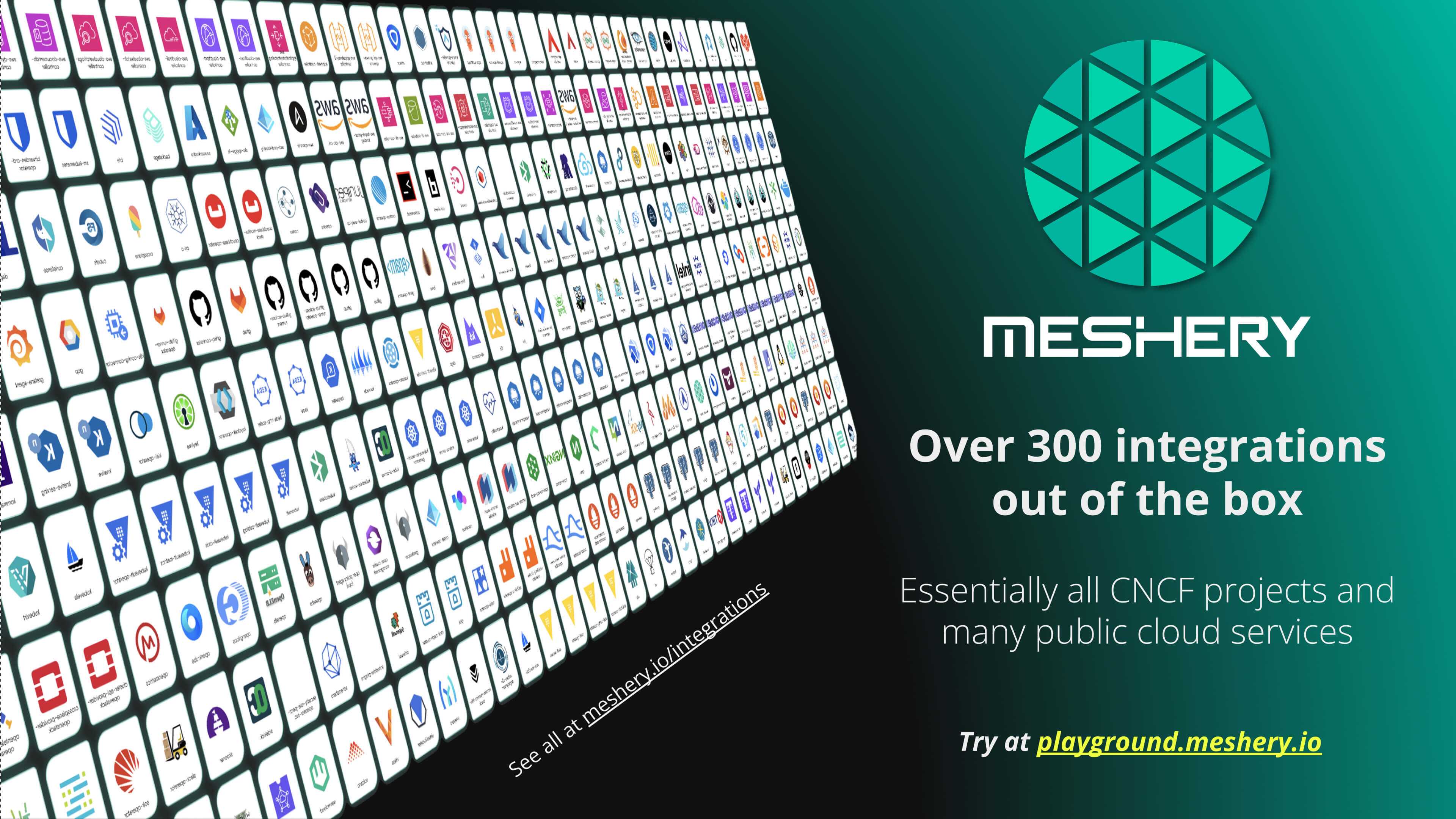
Benefits of Platform Engineering
Visualize and Design Infrastructure Effortlessly
Leverage the model and component library to visually design cloud-native infrastructure using pre-built tools and patterns. Simplify architecture creation with reusable components and drag-and-drop precision.
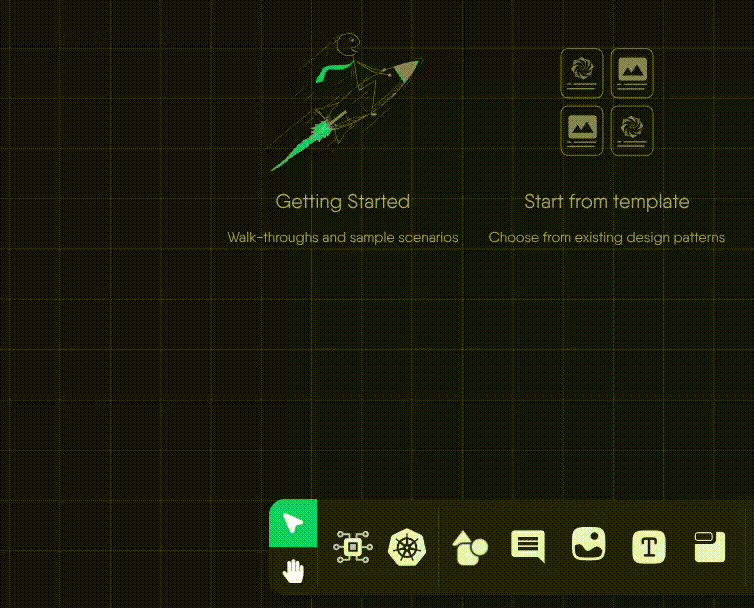
Leverage Ready-to-Use Building Blocks
Speed up development and architecture design with a rich library of reusable components. Empower teams to assemble systems quickly using proven, out-of-the-box patterns.
Enhance developer productivity
Remove infrastructure complexity from developer workflows by providing self-service portals, automated provisioning, and pre-configured environments. Enable teams to focus on feature development rather than operational overhead through streamlined tooling and instant access to development resources.
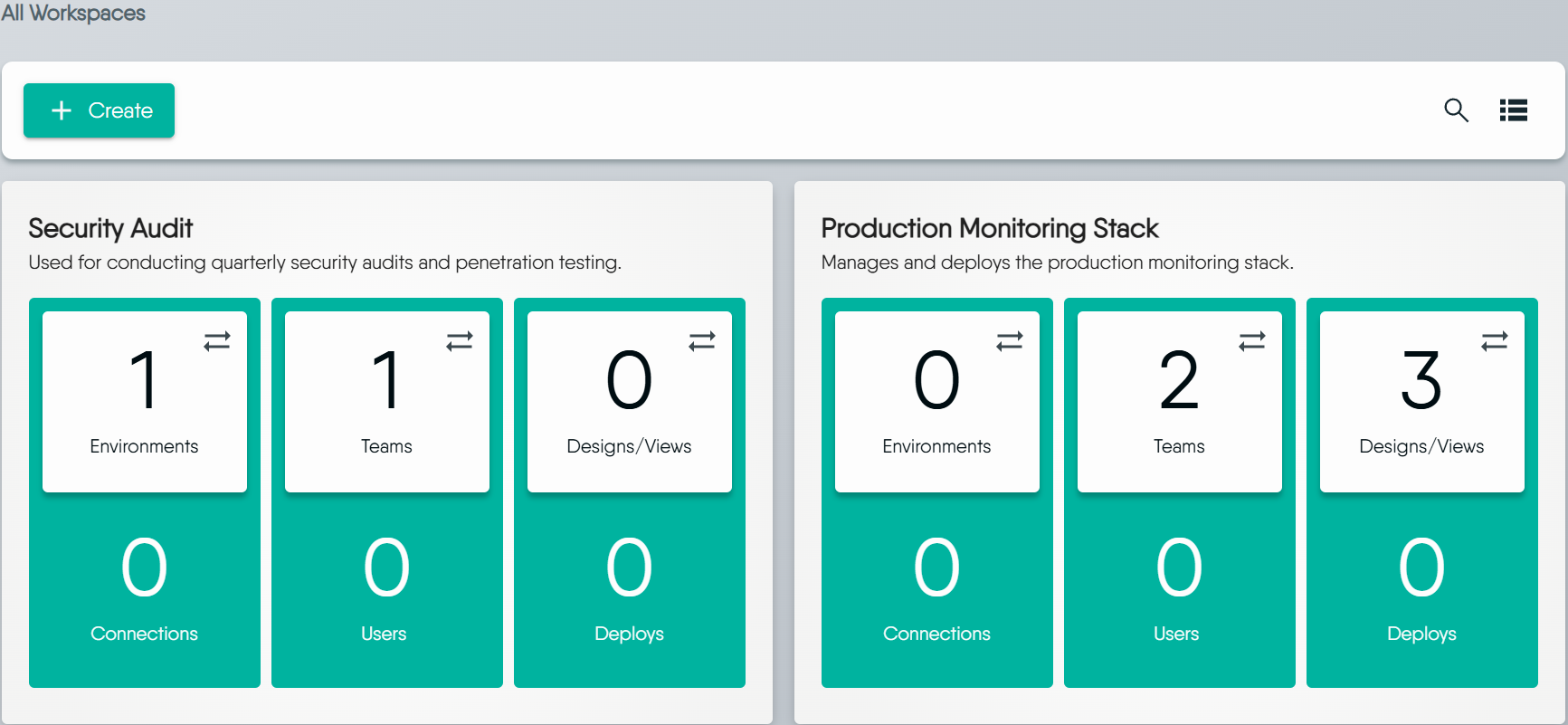
Scale DevOps practices
Extend DevOps methodologies organization-wide through platform automation, standardized pipelines, and collaborative infrastructure management. Bridge the gap between development and operations teams with shared tooling and consistent deployment processes across all environments.
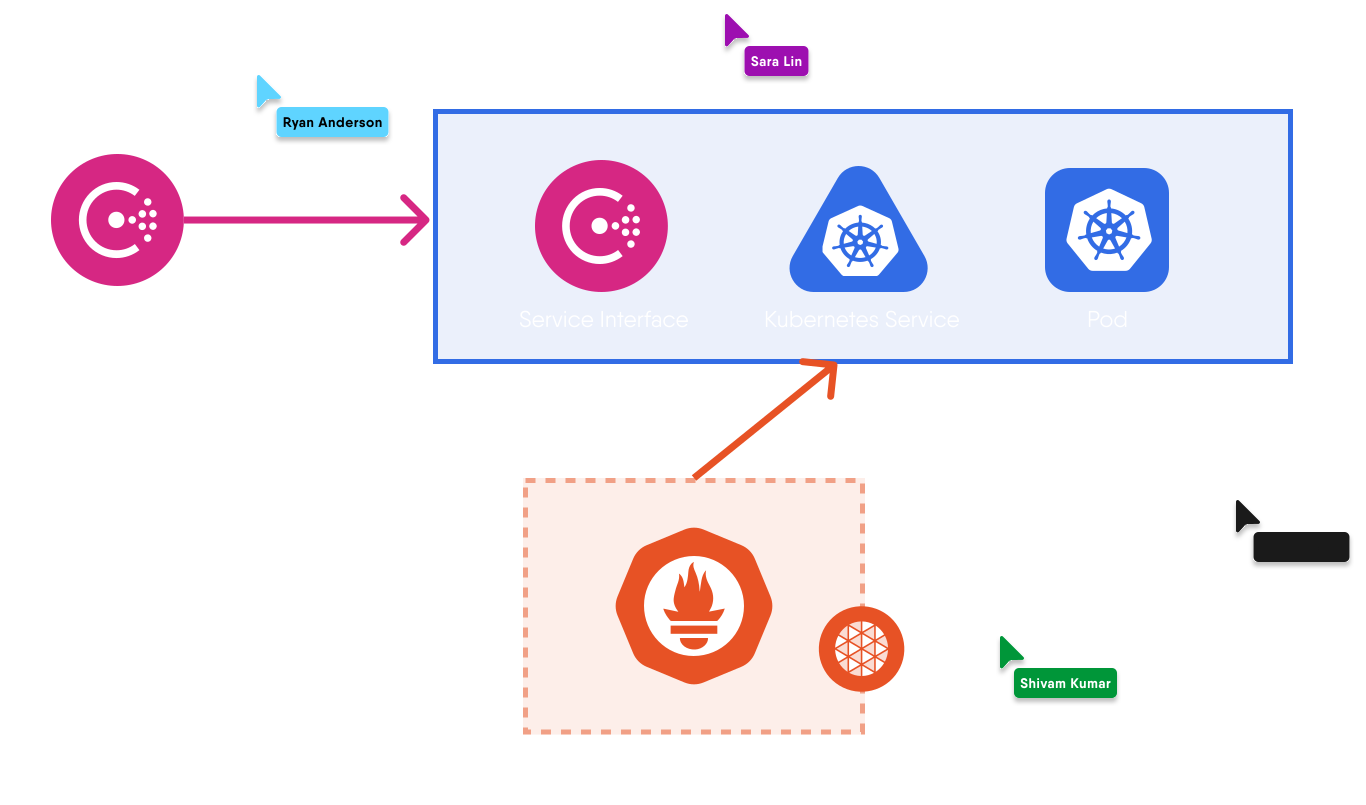
Accelerate delivery cycles
Compress time-from-idea-to-production through automated infrastructure provisioning, integrated testing pipelines, and rapid deployment capabilities. Reduce manual bottlenecks and enable continuous delivery through platform-driven automation and validation processes.
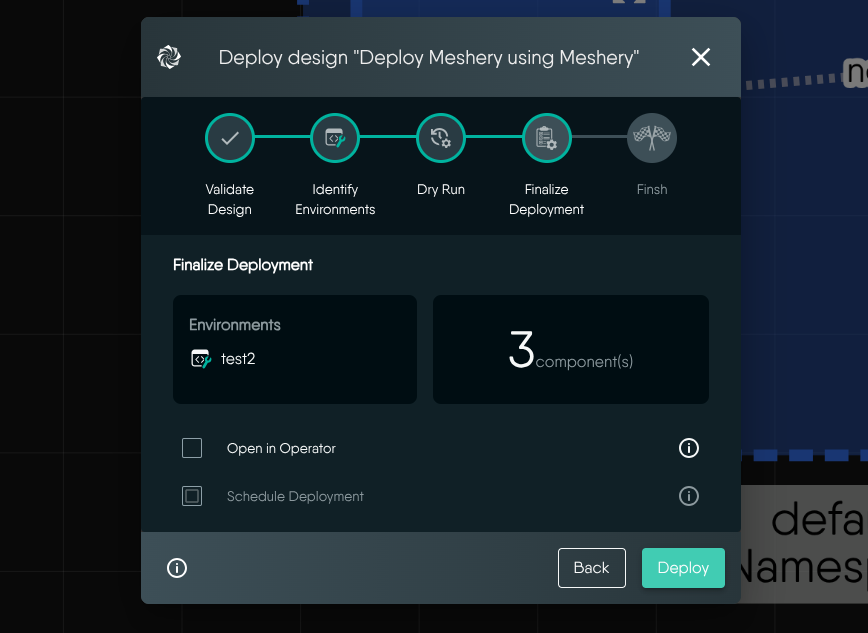
❝ The fact that Kanvas automatically renders our Kubernetes configuration is a game-changer for our team ❞
Maximiliano Churichi
Software Engineer at HPE